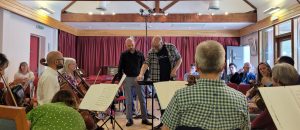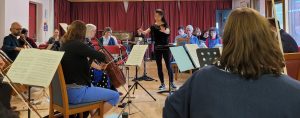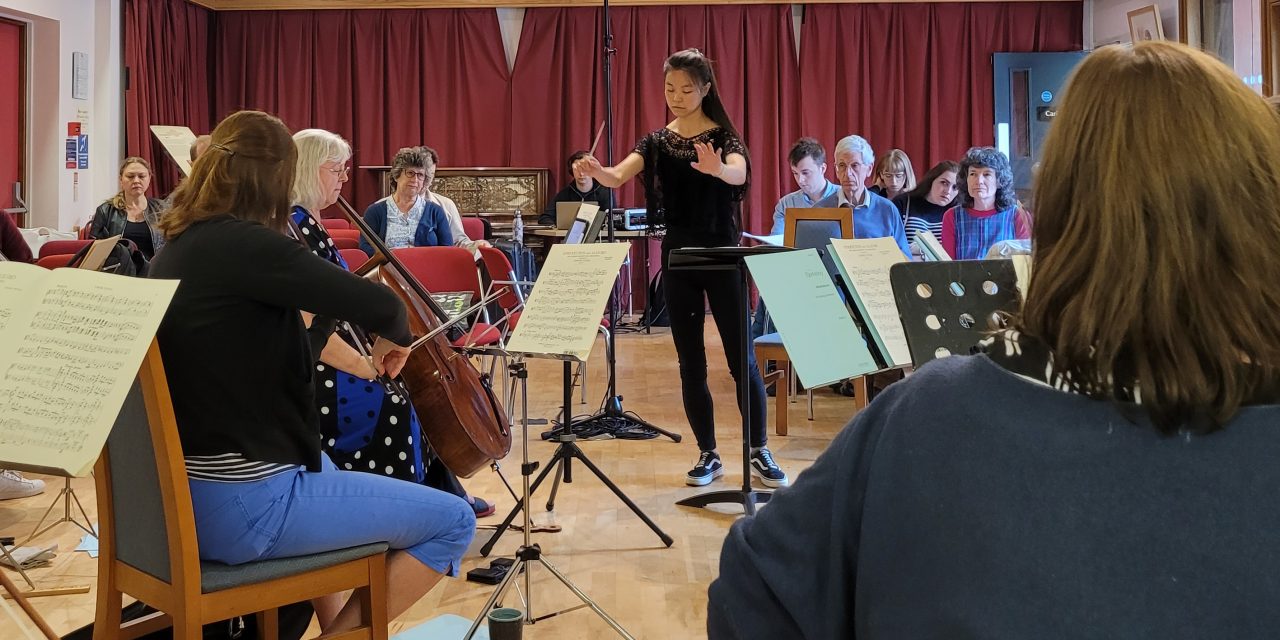Deadline – 24 April, 2024
 The English Symphony Orchestra is pleased to announce the second annual Edward Elgar Conducting Masterclass, held as part of the Elgar Festival on 27-28 May, 2024 in the birthplace of the composer.
The English Symphony Orchestra is pleased to announce the second annual Edward Elgar Conducting Masterclass, held as part of the Elgar Festival on 27-28 May, 2024 in the birthplace of the composer.
Eight participants will have the opportunity to work with the musicians of one of the most long-established professional string orchestras in Europe, the English String Orchestras. Classes will be by Kenneth Woods (Artistic Director and Conductor of ESO).
Repertoire includes
Sir Edward Elgar (arr. David Matthews) – String Quartet arr. for string Orchestra
Course Fee – £1200/participant (payable in two tranches)
Bursaries available – enquire via eso@eso.co.uk
Schedule (All UK time)
25 May Zoom study day
27 May 1030 AM – 130 PM, 230 PM to 530 PM at The Firs
27 May 700 PM – Social dinner with masterclass participants, faculty and musicians
28 May 1030 AM – 130 PM, 230 PM to 530 PM at The Firs
The final masterclass session will conclude with an informal ‘performance’ of the Elgar including all participants
All sessions and the performance a professionally filmed.
 To Apply
To Apply
Submit a CV and link to recent footage of your conducting. Additional recommendations and resources are optional.
SUBMIT YOUR APPLICATION VIA GOOGLE FORM HERE.
Questions? Email eso@eso.co.uk
About the Faculty
Principal Conductor of the English Symphony Orchestra since 2013, Kenneth Woods has long been one of the most respected independent conducting pedagogues of his generation. He was the founding director of the Rose City International Conductors’ Workshop in Portland, Oregon, established the Mahler Conducting Fellowship at Colorado MahlerFest and in 2022, initiated a new series of masterclasses at the English Symphony Orchestra. He has taught guest masterclasses at the Ulster Orchestra, the Royal College of Music, the Royal Welsh College of Music, University of Wisconsin, Boston University, Scotia Festival of Music and others. His students include some of today’s most celebrated and influential podium leaders. This workshop offers participants a special opportunity to work with Woods in an area of repertoire that he is particularly closely associated with. As a leading advocate for the music suppressed by totalitarian regimes, he made the first orchestral recording of the music of Holocaust refugee Hans Gál, including the Concertino for Violin and Strings, and went on to make the first complete recording of the Symphonies of Gál. As a cellist, he gave what is believed to be the US premiere of Viktor Ullmann’s Third string Quartet. His arrangement of that work for string orchestra has since been recorded by the English Chamber Orchestra and the English Symphony Orchestra and receives its Concertgebouw debut in 2023.
Listen here to the ESO’s recording of the Matthews’ arrangement

